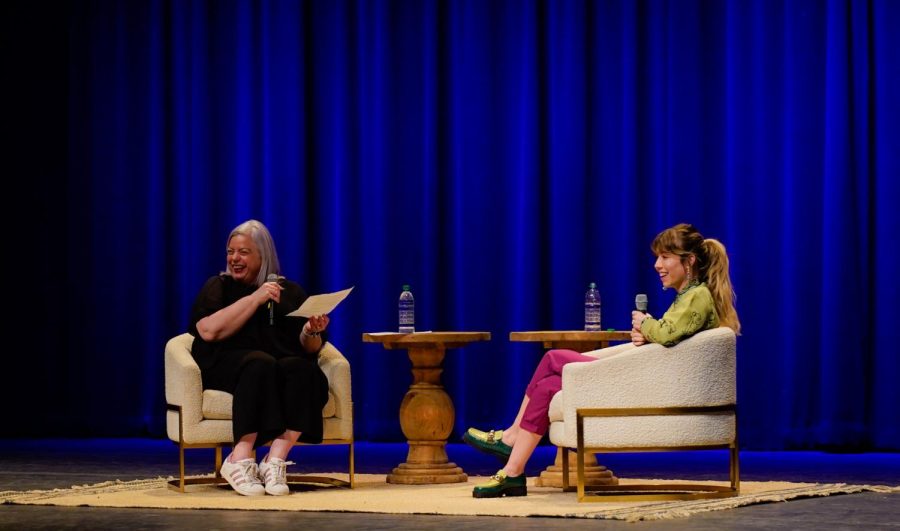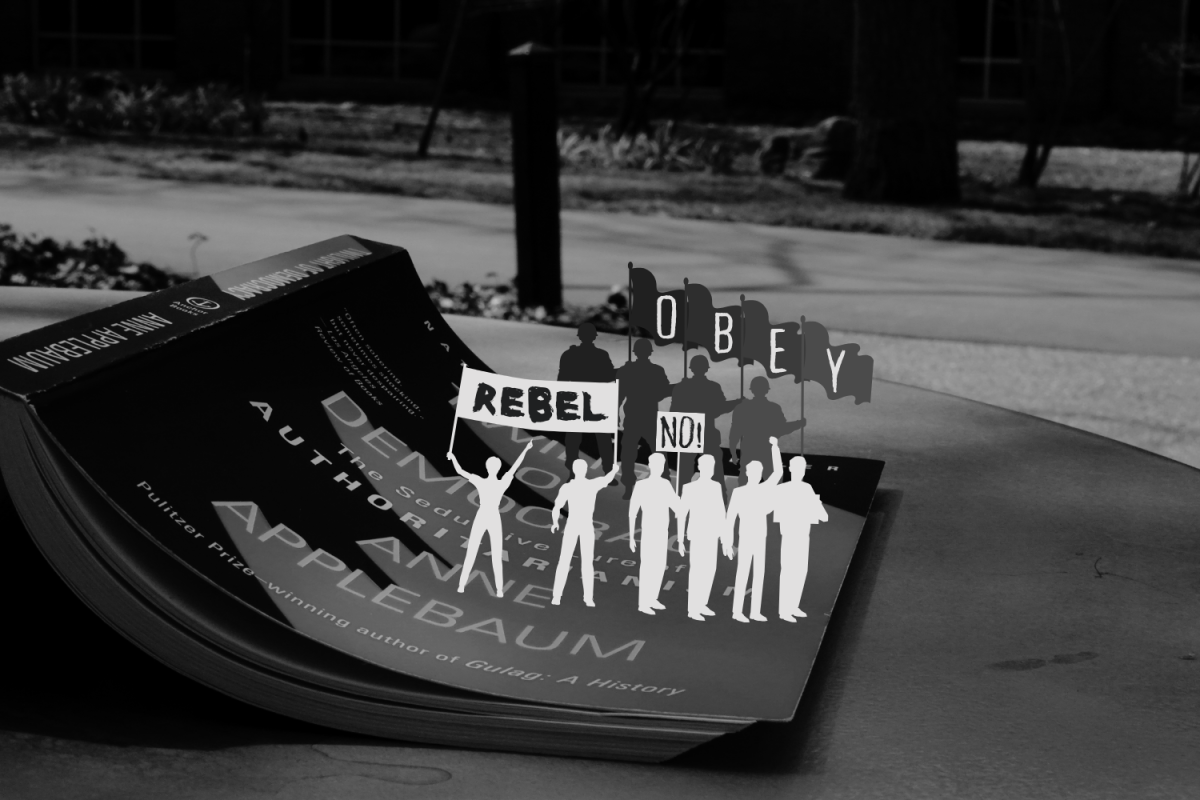“We have always known that we are not limited to the shape we inhabit,” declares Victor Stein, an artificial intelligence (AI) pioneer, mad scientist and the wayward anti-hero of Jeanette Winterson’s 2019 novel “Frankissstein.” He is engaged in a race to scan the human brain and free the mind from the body, one of many entangled quests to understand life beyond humanity featured in Winterson’s modern-day play on “Frankenstein.”
Tracking three enmeshed stories across time, “Frankissstein” delightfully blends science, mysticism and dreams, bringing Mary Shelley’s classic novel and its meditations on the future of the human body into the 21st century. In one panel of the literary triptych, the novel follows transgender doctor Ry Shelley and his lover Victor Stein through the ethics and failures of the AI community. Mary Shelley’s story is told in another, as she pens her masterpiece in the Swiss Alps among the company of Lord Byron and her husband Percy Shelley. Woven in between is a third tale that’s far more difficult to describe, in which Victor Frankenstein becomes a real man, and 21st century moguls, scientists and politicians are all indicted for their roles in the crisis of humanity we now face. If at times a little nebulous, the third is a helpful guide for the novel’s wacky world, making sense of Ry, Mary and Victor’s fictitious journeys through time.
It’s definitely science fiction, but something more than that, too: a love story, an ode to human ingenuity and a glimpse at the rather bleak future ahead of us. The novel hurtles beyond every limit it encounters—probably its biggest knock for readers who favor the more traditional narrative structure—masterfully knitting together centuries of literature, science, and history. As Winterson writes in her disclaimer at the back of the book, “This story is an invention that sits inside another invention—reality itself…Some characters in this story existed, or still do. Others are fictions…I hope I have caused no offense to the living or to the dead. This is a story.”
Truthfully, the novel is perhaps the oddest interpolation of fact and fiction I have read in my 19 years and a truly audacious effort for Winterson, a much-beloved English writer whose novels are only becoming more incisive (if also much weirder) with age.
Which, yes, Winterson’s novels have always been deeply political: her debut novel “Oranges Are Not the Only Fruit,” published in 1985, tells of her own lesbian coming-of-age against the backdrop of a conservative Christian cult. If it were to be published in 2022, it’d still provoke ire. And yet, “Frankissstein” reads as infinitely more political. Even more than a story, the 2019 novel is a history of the body as we now know it—commercialized, racialized, gendered, liberated and oppressed. Winterson knows sexbots, transness, Christian doom, capitalism and artificial intelligence will have to coexist in any future ahead. There will be progress and, with it, regression. The novel’s big project is figuring out exactly how we somehow make it work. It’s timely work amidst the boundless possibilities of postmodernity.
While these concerns certainly aren’t new—Shelley’s “Frankenstein,” now over 200 years old, was shockingly prescient—“Frankissstein” brings the classic into a new era, proving just how contemporary Shelley’s work remains. It feels particularly important now for the two novels to be read and read widely, as both authors imagine a future beyond flesh but don’t discard the things that make us human. Shelley’s Frankenstein isn’t presented as merely a failed scientist and neglectful father figure, but is also shown to become quite literally ill with fear and love. In the same way, even as Stein steals organs and hacks them apart in the name of science, he continues to profess sweet love for Ry’s vulnerable, living body. Time and time again, it’s flesh and blood—with love at the center—that keeps the characters grounded. Both novels’ tenderness has a feeling of raging necessity, as if to declare to their decaying worlds, Humanity is not disposable.
In the early 1800s, Mary Shelley faced a world dominated by the Industrial Revolution. For some, it was the end of humanity as they knew it. Published in 2019, Winterson’s “Frankissstein” is similarly positioned. Our 21st century technology isn’t just impressive, it’s also more than a little absurd. Elon Musk’s Neuralink has been working to link the human brain to computers since 2016. In June 2022, a Google engineer claimed that AI has reached the point of sentience. Though his claims were largely shot down by the scientific community, it’s hard to deny their significance. Even if we’ve not yet reached the post-human reality, the possibility looms large in our visions of the future.
Grappling with what lies ahead can be terrifying—for Ry it usually is—but in “Frankissstein” it’s not for the usual reasons. The future Winterson imagines isn’t one in which we’ve forgotten to love or to care for each other (even if she’s more than willing to acknowledge that a lot of us are pretty awful at least some of the time). We’re not unfeeling automatons; we’re creatures burdened with grief and loss, looking for a way back to each other. While at times raunchy, sexy, gross and everything in between, the core of the novel is heartrendingly beautiful and so full of love for the human world, even as we seek out our own destruction.








